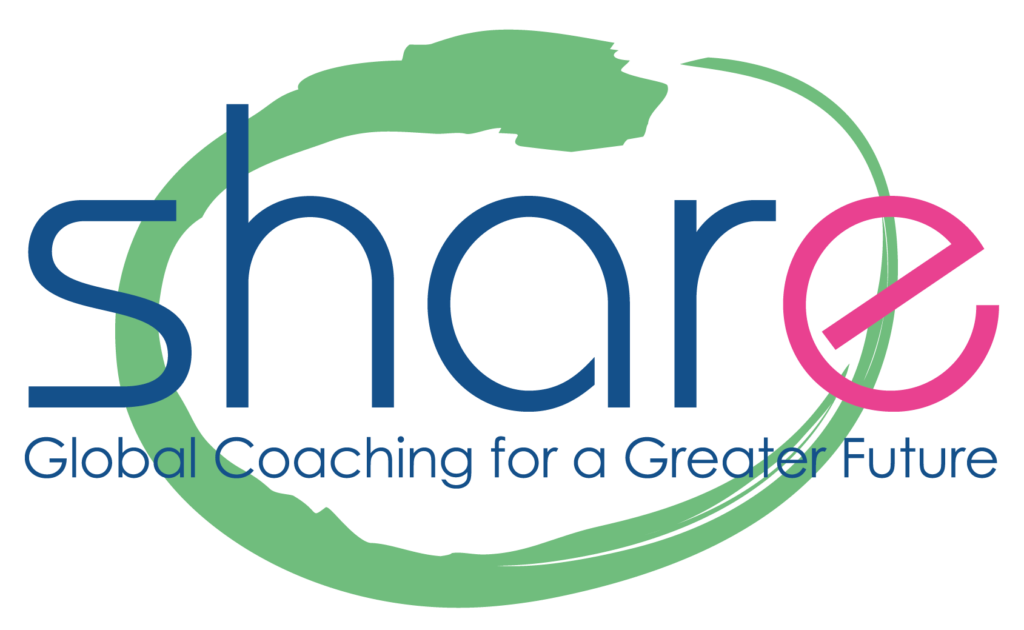Olivia is a manager in a big company. Her boss engaged me to start a coaching journey with her, to work on the following objectives: Projects weren’t timely delivered and there was a disconnect with her team. She was perceived as extremely tough, demanding, and paternalistic.
We started the coaching with these premises and soon after – actually, during the first session – another type of disconnection emerged: the one between her and her boss, the one who hired me to work on Olivia’s managerial issues. Immediately, what stroke me was that Olivia’s core nature was not like the one that surfaced in the day-to-day interaction with her team and superiors. Her intention was never to push or look down on her team, nor to delay the kickoff of projects whose importance she was very aware of.
So aware, in fact, that she was not only paying attention to the tactical feasibility of the project itself, but also to the systemic placement of those projects within the wider Company strategy. She couldn’t think of just activating them without ensuring their long-term functioning and the greater benefit for the entire business environment. A vision that on one hand she wasn’t able to express explicitly – to not offend or contradict her boss, whose approach seemed more tactical, and on the other hand, she wasn’t giving herself credit for. It seemed like she didn’t realize how relevant and what a strength this capacity for big picture thinking was. She instead interpreted it as a source of conflict or contrast with her boss’ different approach, and the resulting frustration was then pouring out as perfectionism, rigidity, and pedantry.
After this initial meeting and exploration of the situation, we understood that the issue didn’t lie in her relationship with her environment or her commitment to her work, her role, or her team (with which she had never had any intention of creating distance). The issue belonged on another level, a deeper layer: Her relationship with her Identity.
So, that’s where we began to work. Understanding where the coachee’s issue lives is always immensely beneficial for a productive coaching relationship.
First of all, she needed to lower the wall she had built up to protect herself from an environment that didn’t seem to appreciate her true nature and therefore from her self-doubt. She needed to accept her humanity, her imperfection but also her needs, desires, and emotions – which always tell us a lot about what we value.
By allowing her to be vulnerable, she was able to open up to the anger and frustration that had built up under the surface and the loneliness she felt trying to support her vision when no one else seemed to support her. Softening up this way, she could look deeper at her values and what was going on for her in this situation. What emerged was that she valued a strategic vision more than a tactical one, a big picture thinking, and a systemic approach, as well as a respectful and professional work environment.
Looking through these lenses at the situation, we could see where these values weren’t honored. Olivia was able to identify dynamics of lack of respect between team members, as well as between the team and herself, and brainstorm strategies to address them. As a result, her relationship with her team became more relaxed and they were much more motivated.
The deeper work though happened in the area of self-awareness. Through our sessions, Olivia realized that the high value she placed on respect and professionalism, prevented her from acknowledging and owning her gifts, and acting up to them. What was happening instead was that she let herself be thrown around by the wants and directives of her boss, who had a different skillset and didn’t see the added value she could bring.
As she realized this, step by step she worked on shaking off other people’s expectations of her as a leader and asking herself directly what kind of leader she wanted to be. It turned out that, once she allowed herself to recognize her intelligence, capacity for vision, and strategic thinking, she could see them as what made her different and valuable. She found the courage to speak up and advocate for her ideas and proposals; contrasting her boss if needed, which she was never able to do before.
It was like she could finally see herself for the first time, and once you see…you can’t unsee!
Her posture completely shifted at that point. Therefore, she started thinking, speaking and acting like an executive more than a manager. The next step was a natural consequence: Moving onto a more senior position where she could be herself and use her gifts. The best victory though, was “How” she was moving away from her previous role: not driven by defensiveness or discouragement, but from a place of awareness and empowerment. And this makes all the difference.
Before accepting to think that you are the problem…think again! We all need to improve but first is better to ground ourselves in who we are, what we stand for, and who we want to be in this world. Don’t release all your power to others, don’t believe everything you’re told. Give it a deep, critical look. Be honest with your areas of improvement, and at the same time root yourself in your strengths and your gifts, because that way you are not only benefitting yourself but everyone and everything around you. And coaches…we are here to help if needed!
Photo by Ricardo Rocha on Unsplash



